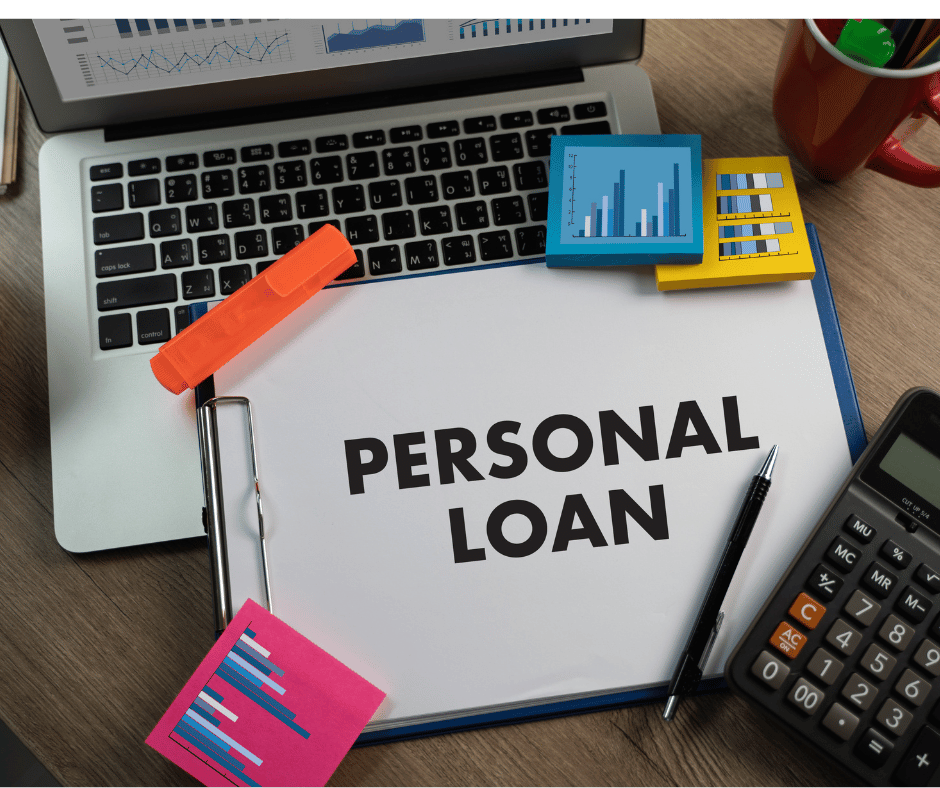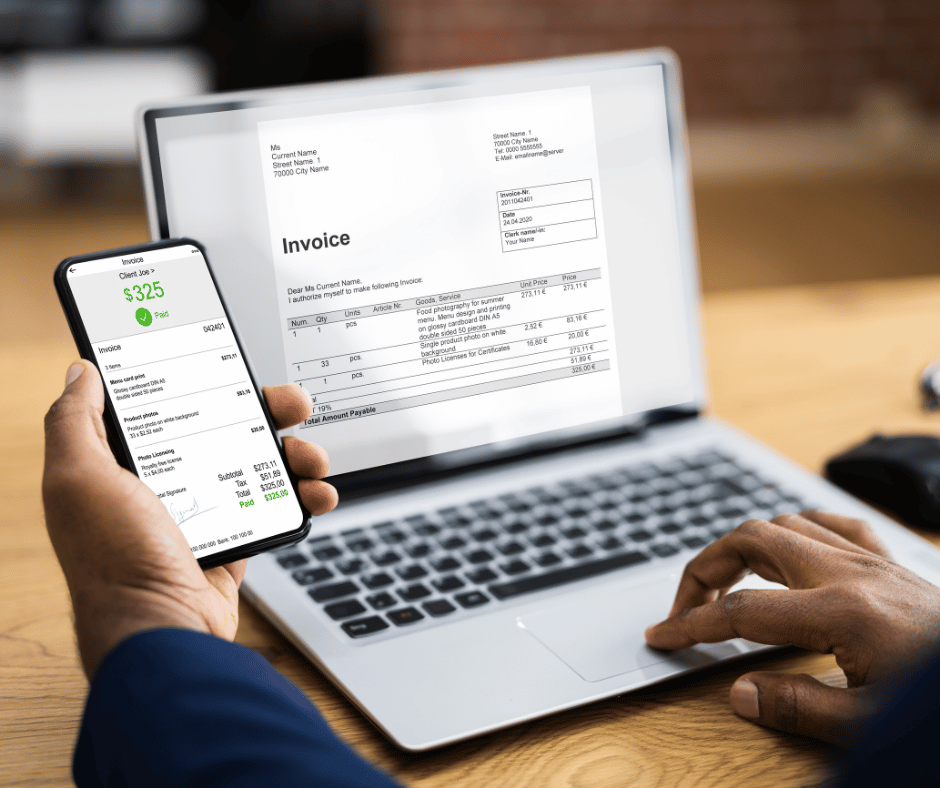If you need a secure or unsecure loan because you need to borrow some money, here are 4 of the cheapest personal loans available.

1. Tesco
Features and benefits
* Unsecure loans available from a trusted brand.
* You can borrow money from £1, 000 to £35, 000 with loan period from 1 to10 years.
* Borrow £5, 000 – £7, 499 from 3.5% APR. Length term available 37 – 60 months.
* Apply online and get an instant decision.
Get more information and apply, here: Tesco Bank Loans.
2. Post Office
Features and benefits
* Check if you are eligible without affecting your credit score.
* Representative 8.3% (fixed) on loans from £3, 000 to £4, 999.
* You can borrow from £1, 000 to £25, 000. Terms 1 – 7 years.
* Instant decision in most cases.
Get more information and apply, here: Post Office Loans.
3. Loan.co.uk
Features and benefits
* Get a personal loan or mortgages.
* Low cost loans to decorate your house or to buy an expensive item.
* Lowest rates available from over 90 lenders.
* They will consider adverse or bad credit rating.
Get more information and apply, here: Loan.co.uk loans.
4. M&S Bank
Features and benefits
* Unsecure loans available from a trusted brand.
* Borrow from £1, 000 to £25, 000. From 12 months to 84 months.
* Representative 2.8% p.a (fixed) on a £7, 600 loan, over a period of 60 months.
* Enhanced rates could be available on certain loans for customers with existing M&S loan or card.
Get more information and apply, here: M&S Bank Loans.
Difference between secured and unsecured loan?
Secured loan
A secured loan is when you put down a collateral as a guarantee for the loan, such as your house. This means that if you were unable to pay back the loan, you are in risk of the lender selling your house to recover the loan paid to you.
Because you are putting down a collateral as a guarantee, a secure loan will have lower interest rates available than an unsecured loan.
Unsecured loan
An unsecured loan is when you do not put down a collateral as a guarantee. So, if you are not able to pay back the loan, the lender cannot take any of your possessions to sell in order to recover their money. However, they can still take you to court to recover their money owing to them.
Because you are not putting down a collateral as guarantee, you will pay higher interest with an unsecure loan.

How to decide which loan is right for you
- Decided if you really need the loan and really need to borrow money. Because, you will have to pay it back.
- Decide if you want a secure or unsecured loan.
- Check what interest rate they are charging and if you are happy with that.
- Ask yourself, will you be able to afford the payment terms.
- Then decide which loan is right for you.
Documentations required for ID
- UK Passport, Biometric Residence Permit, Foreign Passport and Visa.
- EU and EEA National Identity Card.
- UK Driving Licence / EU EEA Driving Licence.
Documentations required for proof of address
- Bank Statement.
- Credit Card Statement.
- Gas and Electric Bill.
- Mortgage Statement.
- Benefit Statement, such as Universal Credit (dated within 12 months).
- HMRC Tax Notification (dated within 12 months).
- UK Credit Union Statement (dated with 12 months).
Proof of right to work and live in the UK
You might be required to show proof of right to work and live in the UK.
- Passport.
- Naturalisation certificate.
- Resident permit.
- Any document that shows right to work and live in the UK.

Frequently asked questions
Q: Can I get a loan from my bank?
A: Ask your bank if you can apply for a loan. They might give reduced interest rates for existing customers.
Q: Will they do a credit check?
A: Most lenders will do a credit check; but, you might still qualify for a loan without a good credit score.
Additional information
If you are looking for a home insurance, read our article: Home Insurance – Compare Cheap Quotes.
Get the cheapest Unlimited Mobile Data Plan, here: Best Unlimited Data Plan – Cheap Unlimited SIM Only.
If you are interested, check out: Best Bank Accounts for Bad Credit.
If you are interested in a loan, check out: Loan.co.uk.
For debt advice, go to: The National Debtline.
If you would like more information about bank regulations, go to: Financial Conduct Authority (FCA).